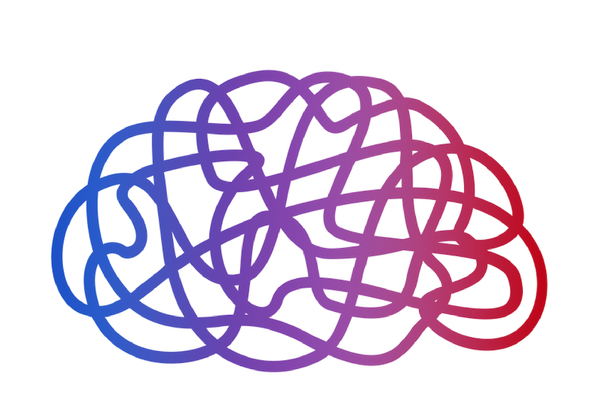By Nina
I want to highlight one significant inaccuracy in Tangle’s take on the social media hearings in Congress from February, and a very common fundamental misunderstanding with ad targeting.
In that edition, Isaac wrote the following: “There are two major changes I think Congress can and should try to push: First is a disclosure on targeted advertising, which forces platforms to inform a minor why they are being shown a particular advertisement (and, frankly, should also happen for adults). This is a change supported by EFF that also has a powerful effect of pulling the curtain back on how these platforms work.”
But companies like Meta already allow you to see how an advertiser targets you for their ad — "women between the ages of 20 and 30 who like dogs," etc. The extra information, the reason why you were shown this ad instead of another ad targeting the same things, is not in a human-readable or describable form. Even the engineers working on this feature would not be able to sum up the machine learning scores in a meaningful way. The amount of data that is crunched is immense, and the grouping and correlations found are not easily determined by humans (and definitely not described in an easy to understand way).
Something else I disagree with Isaac and Tangle about is that all people really need is more education, or in Isaac’s words, “educating teenagers about the risks while emphasizing the ways in which these platforms can be used for good.” I honestly think this is naive. People don't develop eating disorders, for example, because they don't know that eating disorders are unhealthy, or that the media (social and otherwise) presents unreasonable beauty standards. They develop them because of underlying psychological issues that an eating disorder is an outlet for. I have no doubt that more education will help, but I don't think it'll meaningfully affect the problem.
One other thing I think Tangle got wrong is the effectiveness of allowing people to sue if they can directly show social media content led to a specific behavioral outcome like suicide or developing an eating disorder. How are people going to prove this? Social media companies have all the data and we as users only have anecdotal experiences. For every child who goes on to develop an eating disorder after being shown pro-anorexia content, there's another who saw the same things and didn't. I don't think it is possible to conclusively make a causal link between specific media posts and specific user behaviors.
Finally, it is fascinating to me that YouTube is so frequently left out of discussions about social media. YouTube is the most-widely used social media app by young people. It has been described as a radicalization pipeline, driven by outrage farming, with fewer effective controls than most other platforms. I think a focus on Instagram or TikTok over YouTube reflects what is perhaps an outdated view of social media: That it is somewhere you message friends, rather than a place where you consume content picked especially for you by vast fleets of servers.
Nina is a software engineer with 15 years experience at a variety of “big tech” companies.



Member comments